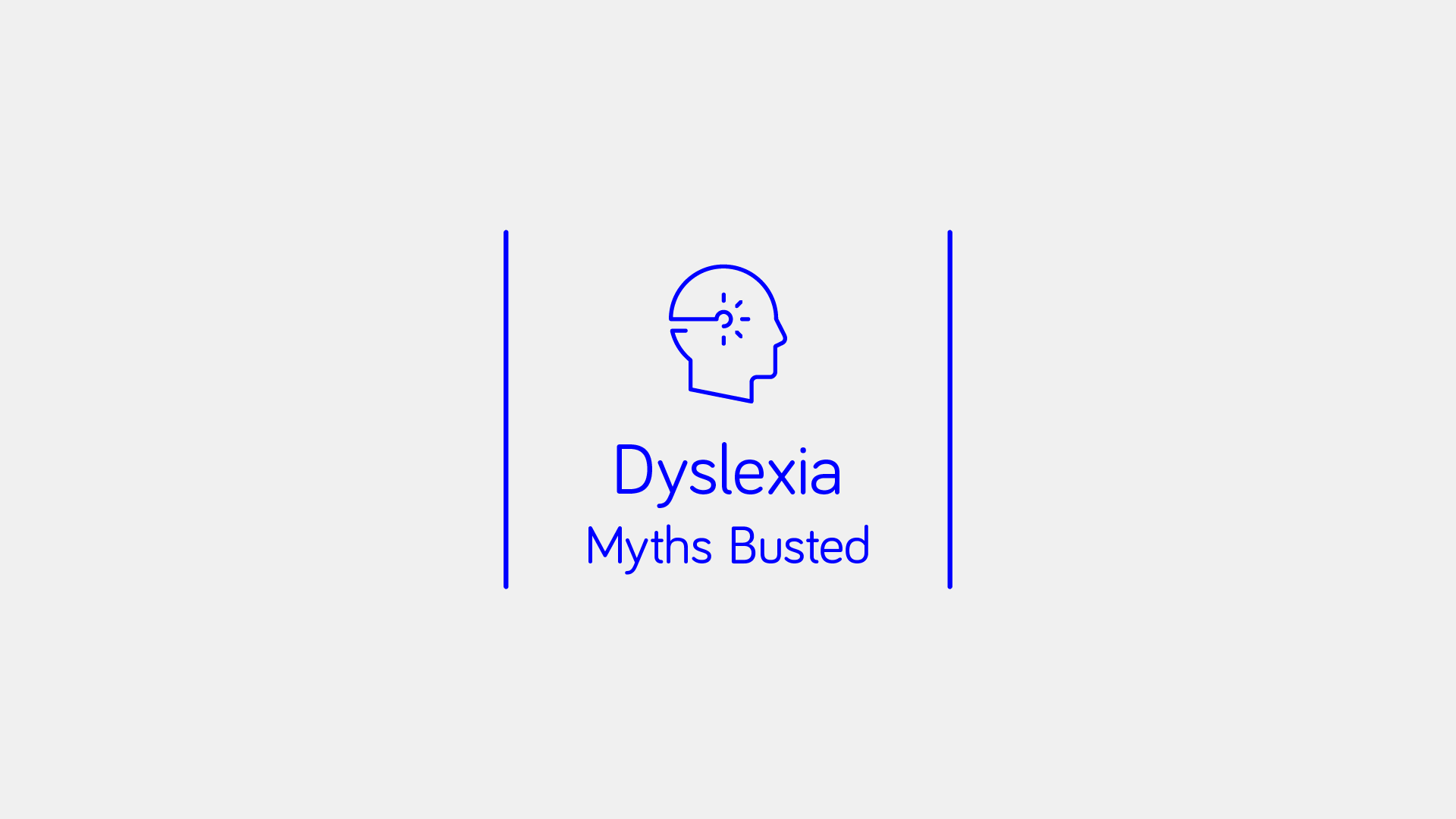30th May 2019 by Adjust
Dyslexia and Myths: Fact v. Fiction

In the second part of our series tackling some of the myths surrounding neurodiversity we focus on dyslexia myths, dyslexia is estimated to affect around 10% of the population.
Myth: Dyslexia is all about problems with reading and writing
Fact: While it’s true that some people with dyslexia can often struggle with reading, writing and spelling, there’s a lot more to it than that. In fact, dyslexia can bring with it many advantages. For instance people with dyslexia often outperform their neurotypical peers in areas that are hugely valuable to businesses, including problem-solving and creative thinking. More than two-thirds have above-average verbal ability, making them excellent communicators, and it’s been estimated that 40% of self-made millionaires are dyslexic: think Jo Malone, Richard Branson and the Body Shop’s Anita Roddick.
Myth: People with dyslexia have problems with their vision, too
Fact: While it’s true that dyslexia was first identified by an eye doctor, there is no connection between dyslexia and poor vision. It’s also often said that people with dyslexia see the words moving on the page, but this is only true for about a third of the dyslexic community.
It’s worth remembering that the glare from white paper and black writing can cause visual distress for many people, whether they’re dyslexic or not. At Adjust our inclusive approach is to always use a tinted grey background for notes and presentations: that’s far easier to read for the majority of people.
Myth: Recruiting people with dyslexia means making difficult – and expensive – adjustments
Fact: Not true. Our advice to businesses is think about being inclusive to everyone. As part of a recent exercise with a client we suggested they give dyslexic candidates a handout listing the main interview questions. Some dyslexic people have difficulty with working memory, which means retaining verbal information and responding to it instantly can be challenging. Having a document to hand with the questions to refer to can be really helpful. Don’t forget that grey tinted background! The employer said that they found this adjustment useful for all candidates, and that this optimised their recruitment process.
Myth: There’s a link between dyslexia and low IQ
Fact: No, this one’s not true either. This myth has arisen because the way we test intelligence in schools tends to focus so much on reading and writing. As Jo Malone puts it, “At school I struggled. I knew I was smart, but nobody else could see it.” Test someone verbally instead of relying on reading and writing, and the results might look very different indeed.
As Albert Einstein put it, “Everyone is a genius, but if you judge a fish on its ability to climb a tree, it will live its whole life believing that it is stupid.”
Want to know more? Contact us today to explore how Adjust can help your business tap into the potential of people with dyslexia
